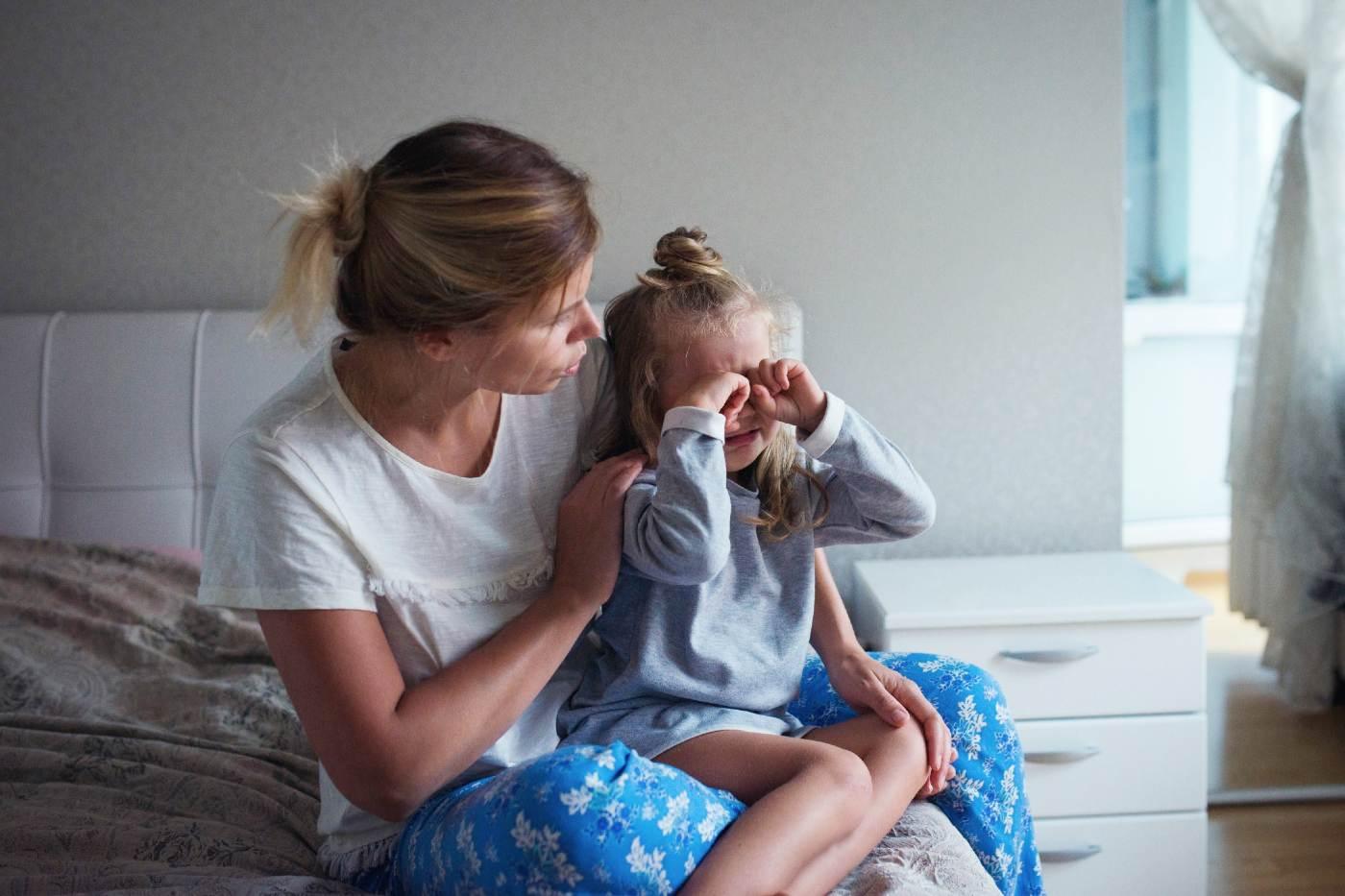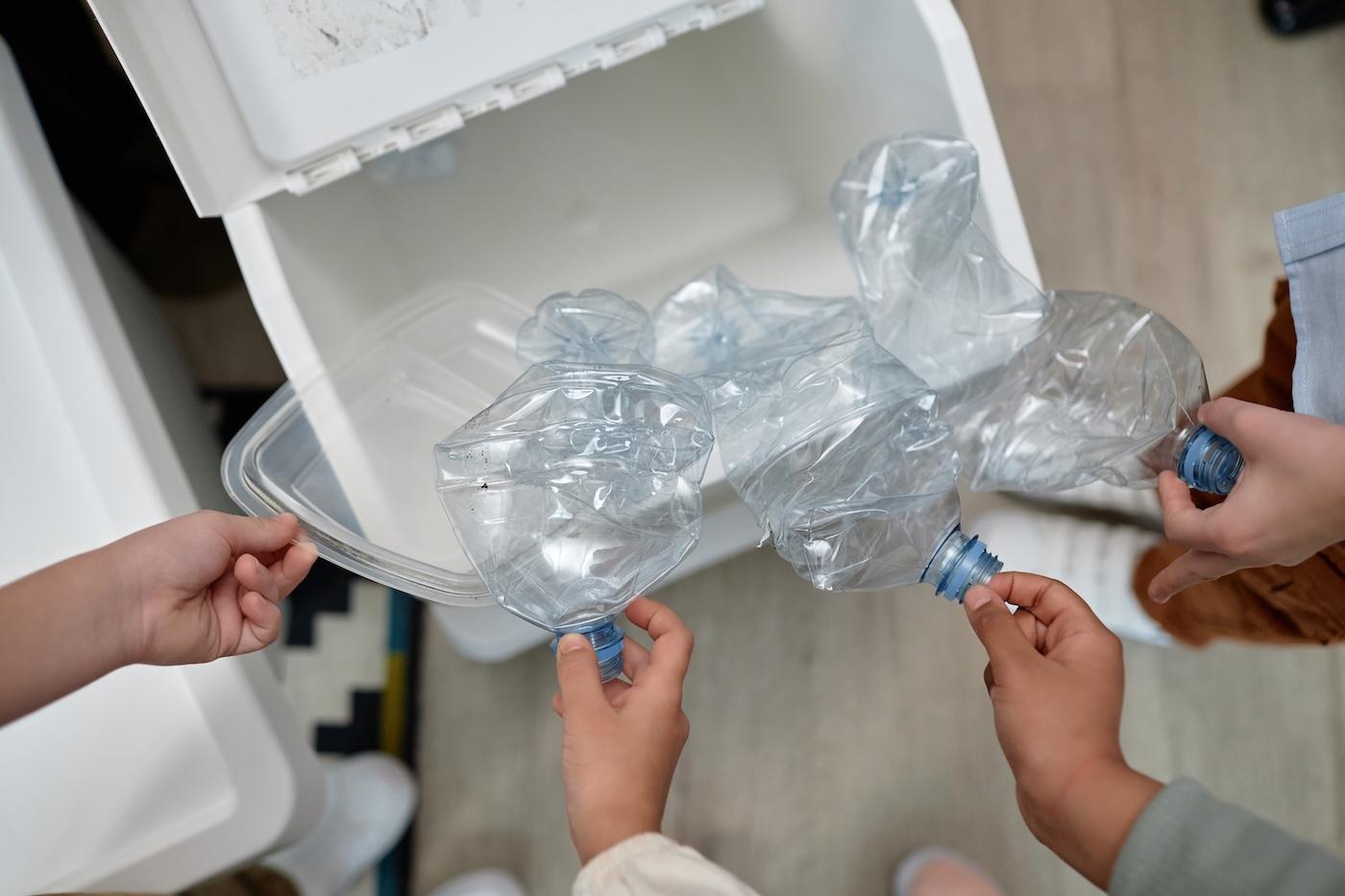PARENTS
How Yelling Hurts Kids
The old sticks-and-stones saying isn’t quite true—words can wound.

Written by
Dr. Harvey Karp

The everyday battles (picky eating, getting dressed, getting out the door on time…) can make parents feel like failures. On top of that, a child's defiance or misbehavior can stir up bad memories from the past, causing parents to overreact. And, when these stand-offs happen, parents who are already feeling overwhelmed can snap. While it’s understandable that the pressures of parenthood push moms and dads to a breaking point, yelling can take a toll on a child. It turns out that old sticks-and-stones saying isn’t quite accurate. Words—especially when screamed or shouted—can wound.
Yelling triggers our body’s stress response, which when pinged over and over again can have serious long-term consequences. Research suggests that verbal abuse can actually change the structure of our brains. Persistent yelling and the stress it causes has been linked to increased risk of anxiety, depression and other mood disorders, as well as to chronic pain and other long-term health issues. It also doesn’t curb misbehavior…it tends to make kids more likely to act out!
Children are affected by yelling and screaming from the earliest months of life. By 3 months, babies are learning to “dialogue” with their parents. And this delicate dance can be affected by flat or excessive emotions. Think of it as stepping on your dance partner’s toes. After the tenth time it happens you start to pull away, no longer having a dance partner you can trust.
By the time kids become toddlers—entering that period at 9 to 12 months when they begin to toddle—they are experts at reading your non-verbal communication. Their left-brain capabilities—like language, analysis, delayed gratification—are years away from reliable mastery, but their right-brain abilities—like reading gestures, tone of voice, and facial expressions to pick up on how their parents are feeling—are becoming pitch perfect. Effortlessly being able to read their parent’s emotions (happy, sad, scared), even if they can’t understand all the words that come out of Mom or Dad’s mouth.
When a parent yells, children pick up on that anger, frustration, or negativity loud and clear. Young children are egocentric. They have a very hard time seeing the world from anyone else’s point of view and they interpret everything that happens around them as being related to their deeds. Yelling parents can influence how kids begin to see themselves. Even if they’re not the target of the outburst, children may interpret their parents’ yelling to mean that they’re bad or unloveable…or that they just can’t do anything right. It also lays the groundwork for a pretty rocky relationship.
Plus, when parents yell…kids learn to yell, too. We’ve all heard of toddlers learning to use swear words because of overhearing them in adult conversation. That’s because children do as they see…not as they are told.
Toddlers’ brains are like sponges, soaking up everything they see or hear. A parent’s demonstrations of love and joy are reflected back through the mirror of their child’s actions as are demonstrations of disrespect and aggression. Yelling shows kids that screaming is an acceptable response to those strong feelings. When a parent yells or berates someone when they are angry, don’t be surprised if they do the same when they’re under pressure.
In good health,
![[object Object]](https://cdn.sanity.io/images/301lhh0a/production/e0230fa93fc8db85c31998217653f5dfa3edcd7b-240x153.jpg?w=640&auto=format&q=75&fit=max)
Related:
- Why Modern Parenting Feels Like Such a Struggle
- How to Keep Your Cool When Your Toddler Pushes Your Buttons
- Mental Health Resources for Parents
Disclaimer: The information on our site is NOT medical advice for any specific person or condition. It is only meant as general information. If you have any medical questions and concerns about your child or yourself, please contact your health provider.
SHARE THIS ARTICLE
MOST LOVED
Sleepytime Sidekicks












